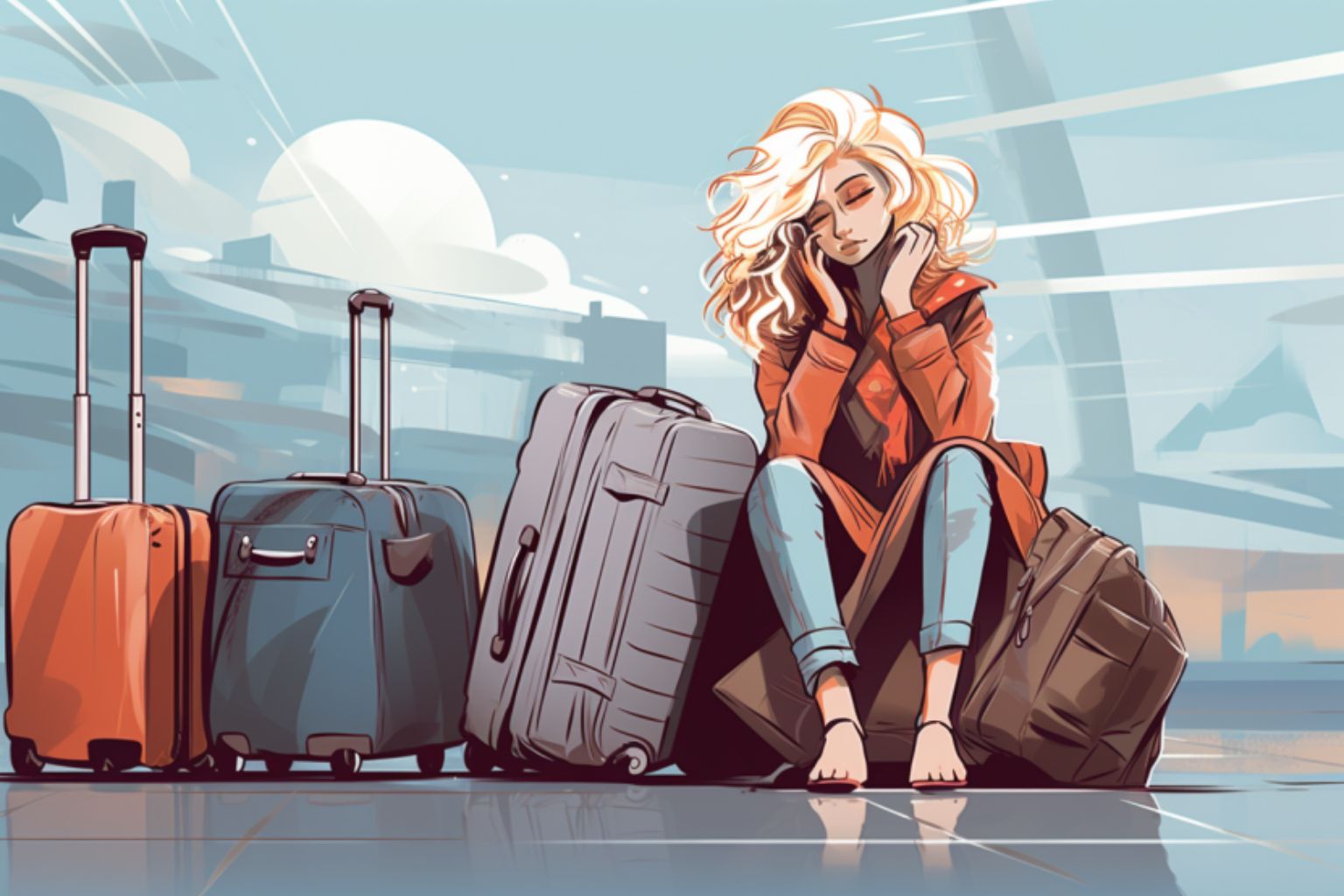Codesharing, or allowing multiple airlines to sell tickets on the same flight as if it were their own, can lead to a lot of confusion. And it’s more than just a matter of, “What flight am I on?”
Consider what happened to Abhijeet Utturkar, whose family had tickets to fly from Mumbai to Tulsa, Okla., on flights booked through American Airlines but operated by American Airlines and Jet Airways.
I was looking at the baggage allowances for the trips and found out that AA.com lists only one checked bag for free and charges $50 for second bag for travel to/through/from India and Europe.
It also has exceptions to the policy, in which it states that one and/or two bags can be checked for free if the flights are operated by a codeshare partner carrier other than American Airlines, Amergican Eagle and American Connection. Then the operating carrier charges will apply.
Here are American’s baggage allowances and Jet Airways’ baggage allowances, in case you’d like to follow along at home.
Utturkar wants to know: Who’s baggage allowances really apply?
I asked American Airlines. A representative responded:
On their way over to TUL, they are originating in BOM so they check in with Jet in BOM, they will be held by Jet’s bag policy and will pay Jet’s bag charges. When they leave TUL going back to BOM, they will be held by AA’s bag policy and will pay the AA bag charge.
Luggage policy mix-up on codeshare flights
(BOM is Mumbai, TUL is Tulsa, for those of you who don’t work in the biz.) Anyway, American is saying that even though all the flights were booked as its own flights, its luggage policy would only apply one way. Jet Airways’ would apply on the return trip.
But that’s not how it went down. When Utturkar’s mother-in-law flew from Mumbai to Tulsa, Jet Airways charged her $150 for her second checked bag.
What she was told at the BOM Jet counter was that since it was AA itinerary, she would have to pay $50 for each of her itinerary legs, that is BOM-BRU, BRU-ORD and ORD-TUL, resulting in $150 charge.
She had no other choice but to pay there and then. She even talked to two other agents, one of which claimed to be a supervisor.
Now that’s a creative interpretation of the baggage policy, don’t you think?
Utturkar is trying to get a refund through his travel agent. But his story raises some questions about baggage fees and codesharing in general.
First, the technology exists to allow passengers like Utturkar’s mother-in-law to pre-pay her baggage fee, or at least to know exactly how much it’ll cost to fly from Mumbai to Tulsa. If airlines can figure out something as complex as code-sharing, then they should be able to give their passengers an up-front price on a checked bag. (Related: Should I have been charged extra for my checked luggage?)
Unpredictable baggage fees and unfair practices
Second, it seems to me that the uncertainty over baggage policy is being used to generate more revenue. I don’t ever hear about passengers being undercharged for their bags on a codeshare flight, or on any any flight, for that matter. The $50-per-segment baggage fee is a new one to me. Who got the money? I’ll bet Jet Airways kept it, but I could just as easily see an overzealous supervisor in Tulsa doing the same thing for a hapless Mumbai-bound passenger. (Related: This traveler feels that airline codesharing must come to an end.)
And finally, why do we allow codesharing at all? Sure, airlines love to be able to say they offer flights all over the world, even though they don’t actually operate them. But isn’t codesharing fundamentally an unfair and deceptive practice to consumers? (Here’s how to get a refund on a non-refundable airline ticket.)
It is, and it should end. Doing so would certainly bring some clarity to itineraries like Utturkar’s — and the hundreds of other air travelers who contact me every year suffering from codeshare confusion.




